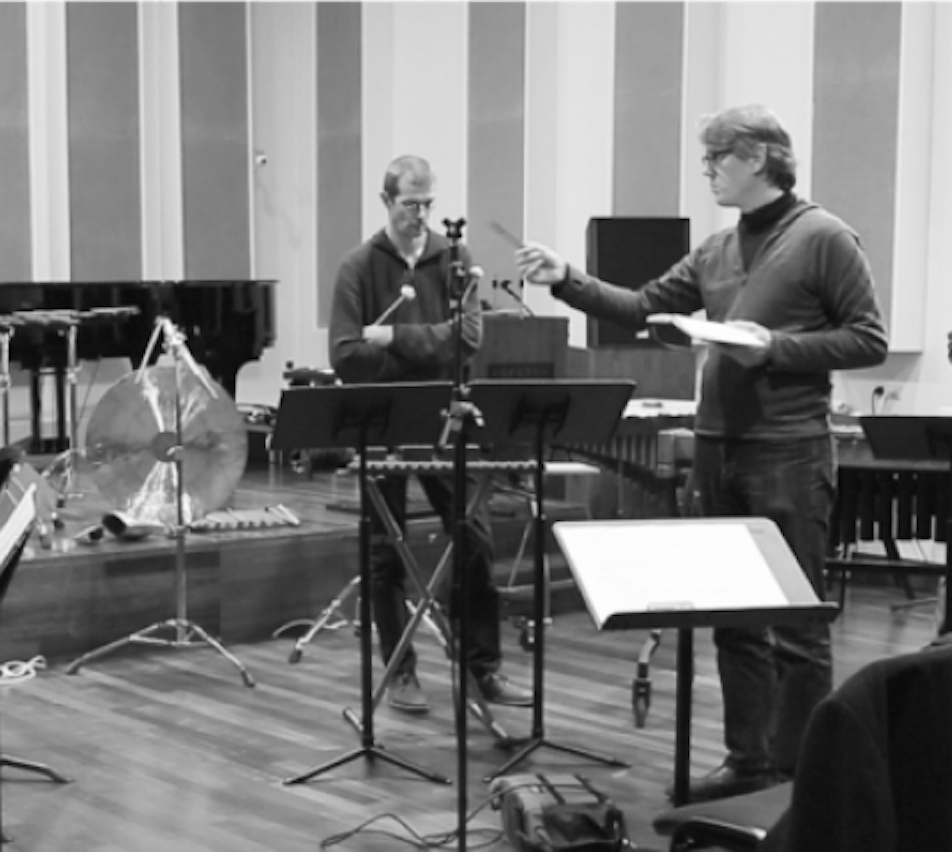

Minji Kim
| Keywords: | acoustic ecology, re-generative sound art, coastal ecology, sonic object, ecological instrument |
| Duration: | Started in 2023 |
| Musician type: | electronic |
| Host institution: | Leiden University |
| Keywords: | acoustic ecology, re-generative sound art, coastal ecology, sonic object, ecological instrument |
| Duration: | Started in 2023 |
| Musician type: | electronic |
| Host institution: | Leiden University |
With ‘Reshaping t/dunes’, Minji aims to research acoustic communication between coastal infrastructure and the ecological environment when re-shaping dunes on the coast that have been eroded by environmental influences. Minji's research covers three main areas:
The principal question that the research aims to answer is: How do coastal infrastructures work as sonic objects, how do these sonic objects reflect and transform the ecological conditions of the local environment, and how can a site-specific musical instrument be designed?
Her research sets out from the question how sound/music can be more directly related to ecology beyond simply making field recordings of environmental sounds, which are then consumed as an artistic/musical piece. Can sound/music affect ecology and positively contribute to a better ecological environment? Then, she discovered ZM and observed a possible connection between it and Cymatics' artistic experiments utilizing unique acoustic and terrain patterns. Therefore, Minji wanted to see what kind of sound/music can emerge when sands are moved by natural energy and if she can create an instrument that appropriates ZM’s mechanism that can be played in a site-specific manner.